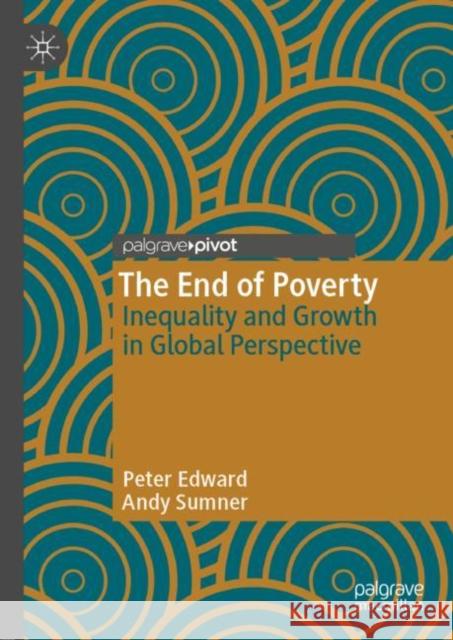The End of Poverty: Inequality and Growth in Global Perspective » książka
topmenu
The End of Poverty: Inequality and Growth in Global Perspective
ISBN-13: 9783030147631 / Angielski / Twarda / 2019 / 89 str.
Kategorie:
Kategorie BISAC:
Wydawca:
Palgrave Pivot
Język:
Angielski
ISBN-13:
9783030147631
Rok wydania:
2019
Wydanie:
2019
Ilość stron:
89
Waga:
0.27 kg
Wymiary:
21.01 x 14.81 x 0.79
Oprawa:
Twarda
Wolumenów:
01
Dodatkowe informacje:
Wydanie ilustrowane











